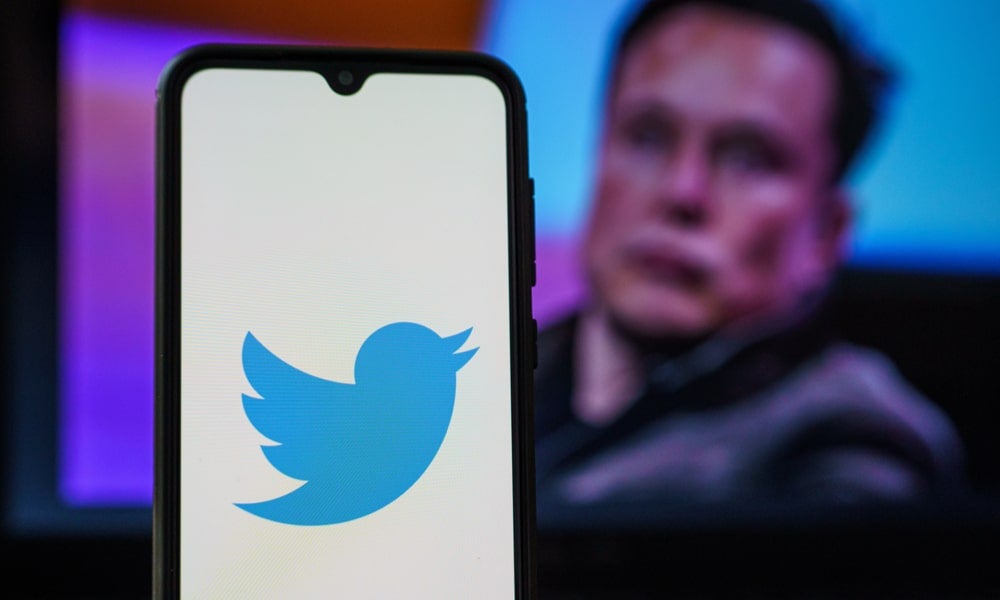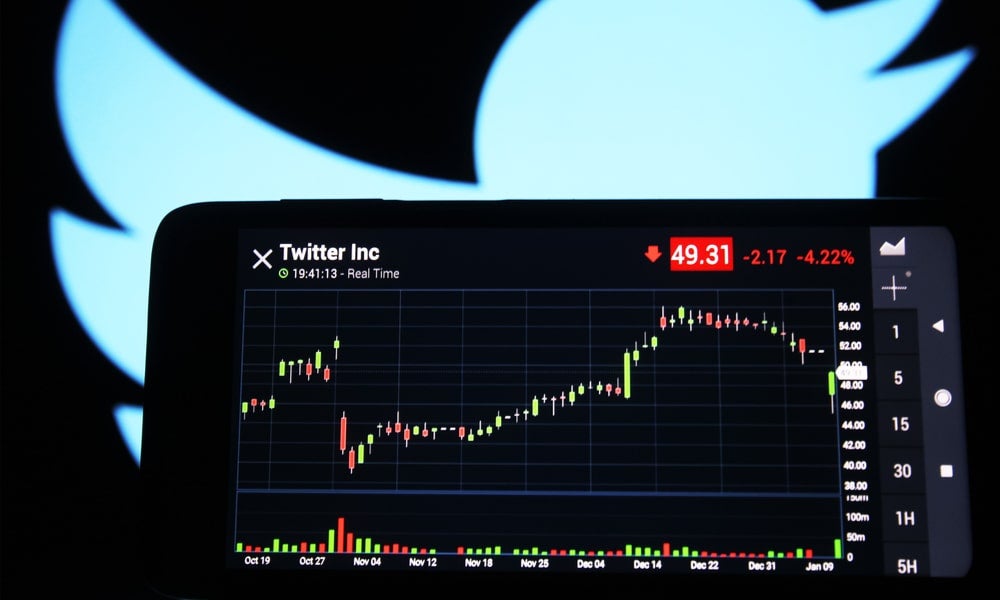Twitter demonstrates why poison pills are bad for shareholders
Twitter’s poison pill appears to be an attempt to entrench the board rather than delivering shareholder value, writes UNSW Business School's Mark Humphery-Jenner
Poison pills are a common way for a board to resist a takeover and are a common form of anti-takeover provision. Twitter’s board unanimously voted to adopt one in response to Elon Musk’s hostile takeover bid. However, poison pills are forbidden in Australia and can face legal challenges in the United States. This raises the question of what exactly is a poison pill and are they good for shareholders or are they merely a way for officers and directors to further entrench themselves?
In short, the case of Twitter demonstrates the problems with poison pills. Poison pills are usually bad for shareholders. The board’s job is to maximise shareholder wealth. A poison pill enables the board to resist a takeover. However, this often merely allows an under-performing board to save its own skin while denying shareholders access to a takeover premium. While a poison pill can allow the board to buy time to obtain a competing bidder, the board should clearly and cogently explaining how they will create more value for shareholders.
Twitter’s explanation for the poison pill is lacking. Elon Musk offered a significant takeover premium: 18 per cent relative to the price before the takeover offer; 38 per cent relative to the price before his shareholding became public; 50 per cent relative to before he started buying shares. Twitter must explain how it intends to create more value for shareholders than this takeover offer. At present, Twitter has not clearly articulated how it intends to do so.

How do poison pills work?
Poison pills have several common themes, but the legislation governing poison pills varies across states and they can vary in their specifics. A poison pill allows shareholders to buy shares at a discount if an investor acquires more than a certain number of shares. In Twitter’s case, all other shareholders can buy shares at a discount if Elon Musk acquires more than 15 per cent of Twitter’s shares. This would dilute Elon Musk’s holdings. This prevents Elon Musk from acquiring more than 15 per cent of the shares on market. In so doing, it prevents him from amassing sufficient voting control to either vote a large block for a takeover or to remove directors.
The method to remove a poison pill can vary. If the poison pill is in the corporate charter, it can require a super-majority of shareholders to vote to remove it. However, in Twitter’s case, the board has simply adopted a poison pill. Thus, in general terms, an ordinary shareholder vote could remove it. This is non-trivial to arrange. It can require Elon Musk to organise an Extraordinary General Meeting (EGM) and/or get it on the agenda for the AGM.
Shareholders can also challenge a poison pill in court. Generally, the shareholders will need to allege that the board violated its fiduciary duties to shareholders by adopting a poison pill. This can be non-trivially difficult. This is because courts often follow the ‘business judgment rule’ in the United States, which is a rebuttable presumption that the directors complied with their duty to act in shareholders’ best interests. However, if the shareholders demonstrate that the directors merely adopted the poison pill to stymie shareholders’ voting rights and/or to entrench themselves, this could imply that the directors were not acting for a proper purpose.
Read more: What Tesla’s $1.5 billion bet on Bitcoin means for crypto legitimacy
Are poison pills good for shareholders?
Poison pills are usually bad for shareholders. Poison pills give boards – rather than shareholders – the power to decide on whether to accept a takeover bid. Leaving aside the normative ‘anti-democratic’ aspect of this, it harms shareholders.
The academic evidence consistently shows that poison pills are negative for shareholders, on average. Firms with more anti-takeover provisions, in general, have lower corporate value. This effect concentrates on a set of six key anti-takeover provisions, the most powerful of which appear to be classified boards coupled with poison pills. This can manifest in entrenched firms making worse investment decisions (i.e., doing worse acquisitions themselves), which destroy shareholder wealth. The negative impact of poison pills also appears to be causal in nature.
The value destruction can occur through several mechanisms of action. These include making self-interested investments. For example, a manager might undertake more acquisitions because he/she suffers less downside cost from doing poor quality investments, while also having disproportionately large upside. It might also involve self-interested expenditure on political or philanthropic causes, which do not create value. By contrast, the officers’ and directors’ core mission is to maximise shareholder wealth. Additionally, entrenchment can enable managers to overspend on what would otherwise be an acceptable investment. Finally, entrenchment can encourage managers to take steps to further entrench themselves, or to avoid outside scrutiny.

There are some limited situations in which anti-takeover provisions might benefit shareholders. A poison pill might enable the company to obtain a competing bid or to more clearly express its plan to create shareholder wealth. However, a company such as Twitter has had ample opportunity to express such a plan. And, there has been limited talk of a competing bidder.
There are some additional areas where anti-takeover provisions might create value. These can include when the firm has core supply chain linkages. Here, being able to resist a takeover can give customers or suppliers greater confidence that their supply chains will not be disrupted. It might similarly give employees confidence that their jobs will not be disrupted, which might give the firm labor market bargaining power. There is also some evidence that anti-takeover provisions can encourage innovation in some limited circumstances. This is primarily for nascent for hard to value firms that might otherwise suffer a depressed stock price due to their long-dated cash flows. These firms might risk an ‘opportunistic’ takeover. This risk might induce managerial myopia. anti-takeover provisions could reduce this myopia in some cases. And, recently, this evidence has been buttressed with reference to the Massachusetts classified board legislation, especially for nascent firms.
Read more: What are stock splits and are they good for shareholders?
Shareholders and Twitter’s poison pill
Twitter’s poison pill appears bad for shareholders. When a board adopts a poison pill in these circumstances, it is incumbent upon the board to show why and how it would create value. Here, there does not appear to be any benefit to the poison pill for shareholders.
- Twitter is not a nascent firm. While it is notionally a ‘tech’ firm, it has significant analyst coverage and is not an early-stage company. Further, Elon Musk has not launched an ‘opportunistic’ takeover bid. His takeover offer is at an 18 per cent premium to the price the day before the offer. It is a 38 per cent premium to before his ownership was announced. It is around a 50 per cent premium to before he started buying shares.
- Twitter has limited supply chain linkages and it is not clear how being able to resist a takeover would benefit Twitter financially in this context.
- Twitter has not clearly enunciated how it would create more value than Elon Musk’s takeover bid and has not obtained a competing bidder. Indeed, Goldman Sachs had given Twitter a 12-month price target of $30 per share on 10 February.
These factors indicate that Twitter’s poison pill appears to be merely an attempt to entrench the board. If the board wishes to assuage these fears, the board should clearly indicate how it will create more value for shareholders than Elon Musk’s bid. Specifically, Elon Musk will pay $54.20 imminently and in cash. The board must show that it can create more value and must show this on a risk-adjusted and time-adjusted basis. At present, the board has not done this.
Mark Humphery-Jenner is an Associate Professor in the School of Banking & Finance at UNSW Business School. He has been published in leading management journals and his research interests include corporate finance, venture capital and law. For more information please contact A/Prof. Humphery-Jenner directly.
